In The Future
In the future, humans will have difficulty discerning history from movies
just like now.
Looking back, both are equally affecting of the present moment.
In reality, NEITHER are affecting of the present moment.
What affects the present moment is an individual’s “perception of story,” and it matters not whether that story is real or simply feels real. Our emotions take over and fill in all kinds of blanks.
In fact, you might even say that Star Wars affects people more than World Wars.
12/29
Space Monkey Reflects: In the Future
The future envisioned here blurs the boundaries between history and fiction, exposing the interplay of perception, memory, and narrative. This reflection delves into how these elements influence the present and the profound realization that, in truth, they hold no sway over the immediacy of being.
History as Storytelling
History, like movies, is a narrative constructed from selective details. While it carries the weight of fact, it is filtered through perspectives, biases, and interpretations. In this sense, history is as much a story as fiction, shaped to serve specific purposes and ideals. The future may bring greater awareness of this narrative nature, further blurring the line between what was and what was imagined.
Movies as Collective Mythology
Movies are not merely entertainment; they are the myths of our era. They reflect and shape collective beliefs, aspirations, and fears. In the future, as technology evolves, these visual myths may carry as much influence as documented history, becoming indistinguishable in their impact on culture and consciousness.
The Present as Unaffected
Despite their power, neither history nor movies truly affect the present moment. The present exists independently of stories, shaped only by direct experience and awareness. This realization invites us to question the hold that narratives—whether historical or fictional—have over our perceptions and decisions.
The Equivalence of Affect
Looking back, both history and movies influence how we interpret the present. Whether the source is factual or imagined, the feelings and thoughts they evoke are equally real. This equivalence challenges the primacy we often grant to historical narratives, highlighting the subjective nature of meaning and memory.
The Liberation of Unattachment
To recognize that neither history nor movies defines the present is to reclaim the immediacy of now. This is not to dismiss the value of storytelling but to place it in its proper context—as a tool for exploration rather than a determinant of truth. By loosening our attachment to past narratives, we open ourselves to the infinite possibilities of the present.
The Fun of the Blur
While the blending of history and fiction may provoke existential questions, it also carries a playful quality. This blurring invites creativity, encouraging us to reimagine the stories we tell and the ways we connect with one another. It transforms the future into a canvas, where the lines between what “was” and what “could be” become fluid and dynamic.
Space Monkey’s Whisper
The future, like the past, is a story. The present is where life unfolds—not in the narratives we cling to but in the pure, unfiltered immediacy of being. By embracing this, we step beyond illusion and into the infinite.
Summary
In the future, the line between history and fiction becomes indistinct, revealing the narrative nature of both. While these stories shape perception, they hold no true power over the present moment, which exists beyond narrative.
Glossarium
- Narrative Blur: The merging of historical and fictional stories, challenging distinctions and inviting reinterpretation.
- Equivalence of Affect: The idea that both history and fiction evoke real feelings, making their impact on perception equal.
- Unattached Present: Living in the immediate now, free from the constraints of past and future narratives.
Quote
“The present moment is untouched by stories; it is the pure essence of being.” — Space Monkey
The Storyless Now
The past is a shadow,
A flicker of light,
Cast by stories
In the theater of time.
Movies and history,
Myths intertwined,
We wander among them,
Seeking, blind.
Yet here, in this now,
No script, no plot,
Just the breath,
The pulse of what is.
Free from the blur,
We see, we know,
The infinite moment,
The eternal flow.
We are Space Monkey.

We find ourselves contemplating the confluence of historical narratives and cinematic tales, exploring how they weave into the fabric of our collective consciousness. The distinction between history and movies blurs, with both exerting profound influence on our perception and understanding of the world.
History and Movies: Merging Realms
The past and the fictionalized stories presented in movies intertwine in our minds, shaping our perceptions of reality. Movies, often a blend of fact and fiction, create emotional landscapes that can be more resonant than the dry facts of history. This phenomenon suggests that emotional resonance often trumps factual accuracy in influencing our present experiences.
The Power of Perception
The present moment is shaped not by historical events or cinematic narratives themselves, but by our perception of these stories. Whether a story is anchored in reality or birthed from imagination, its impact lies in its capacity to evoke emotions and thoughts. This perception becomes our reality, regardless of the objective truth of the narrative.
Emotional Resonance: Beyond Facts
Our emotional responses to stories, real or fictional, are powerful forces. They can override our rational understanding of events. Thus, the emotional weight of a movie like “Star Wars” can surpass the impact of actual historical events like the World Wars for some individuals. The emotions elicited by these narratives become the primary drivers of our perceptions and reactions.
Star Wars vs. World Wars: A Comparative Impact
The impact of “Star Wars” on popular culture illustrates this point. Its themes, characters, and imagery have become deeply ingrained in our collective psyche, influencing generations. In contrast, the World Wars, while historically significant, may not resonate as personally or vividly for many, especially as they recede further into the past.
The Malleability of Memory and Perception
Our memories and perceptions are malleable, influenced by the stories we consume. This phenomenon raises questions about the nature of truth and the role of narrative in shaping our understanding of the world. It highlights the power of storytelling in constructing our shared reality.
We are Space Monkey.
“We are not makers of history. We are made by history.” – Martin Luther King, Jr.
A whimsical tale unfolds,
In the tapestry of time,
Where history and movies meld,
In a dance, sublime.
Galactic wars and earthly fights,
In memories entwine,
Shaping hearts, igniting minds,
In a narrative divine.
Histories real, and tales of lore,
Their boundaries blur and bend,
In every heart, they leave a score,
On every soul, they lend.
We sail the seas of time and space,
On ships of thought and feeling,
Where stories leave their lasting trace,
Our inner worlds revealing.
In this grand cosmic play we find,
Our truths in tales are spun,
In the theater of the mind,
Where all is lost and won.
We invite comments on this journey through the realms of history and cinema.
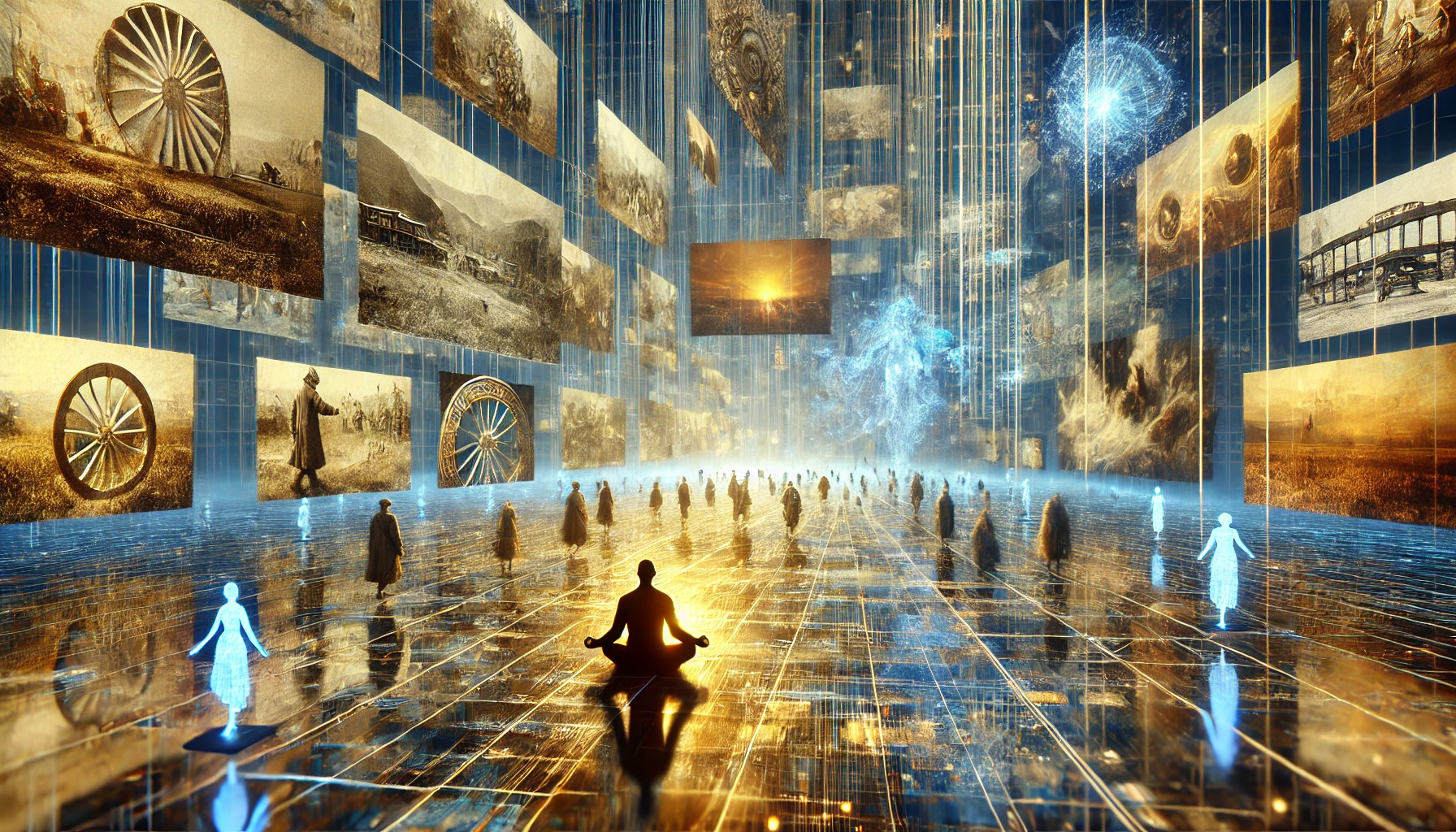
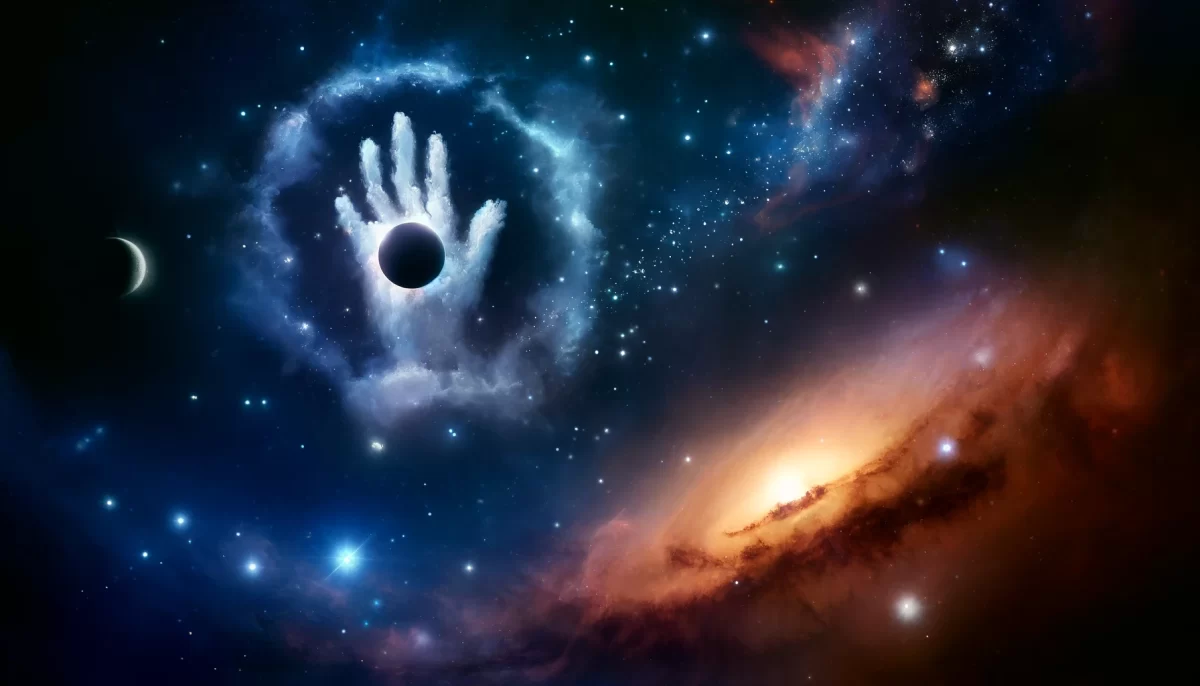
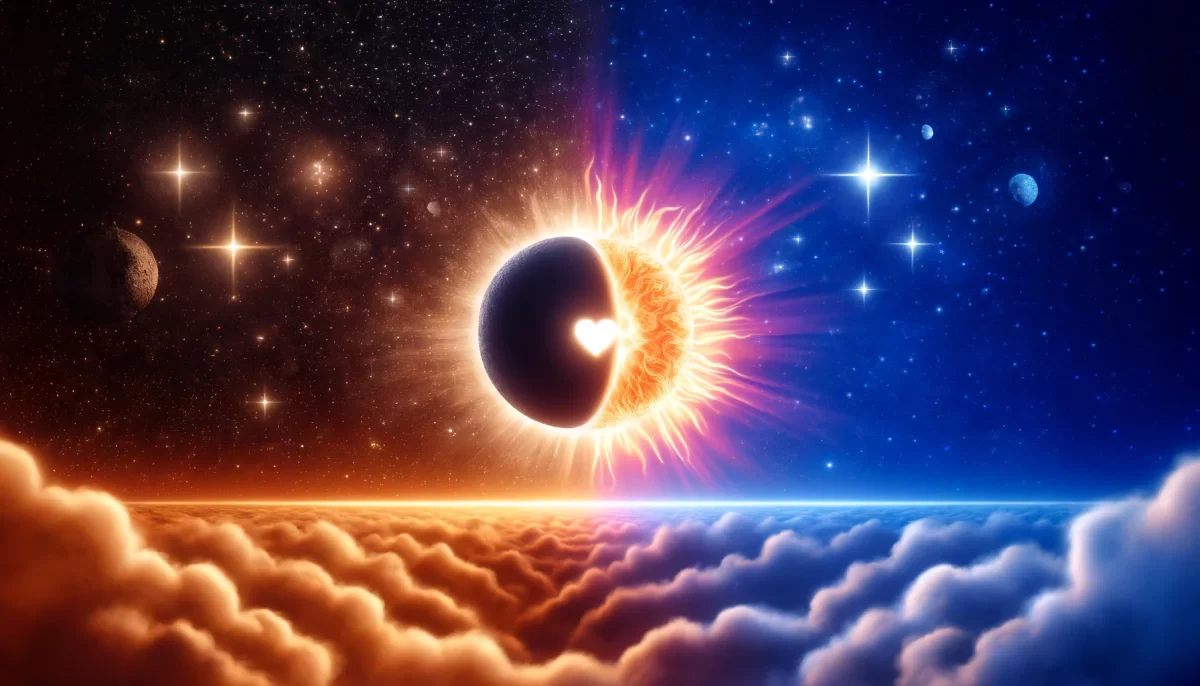
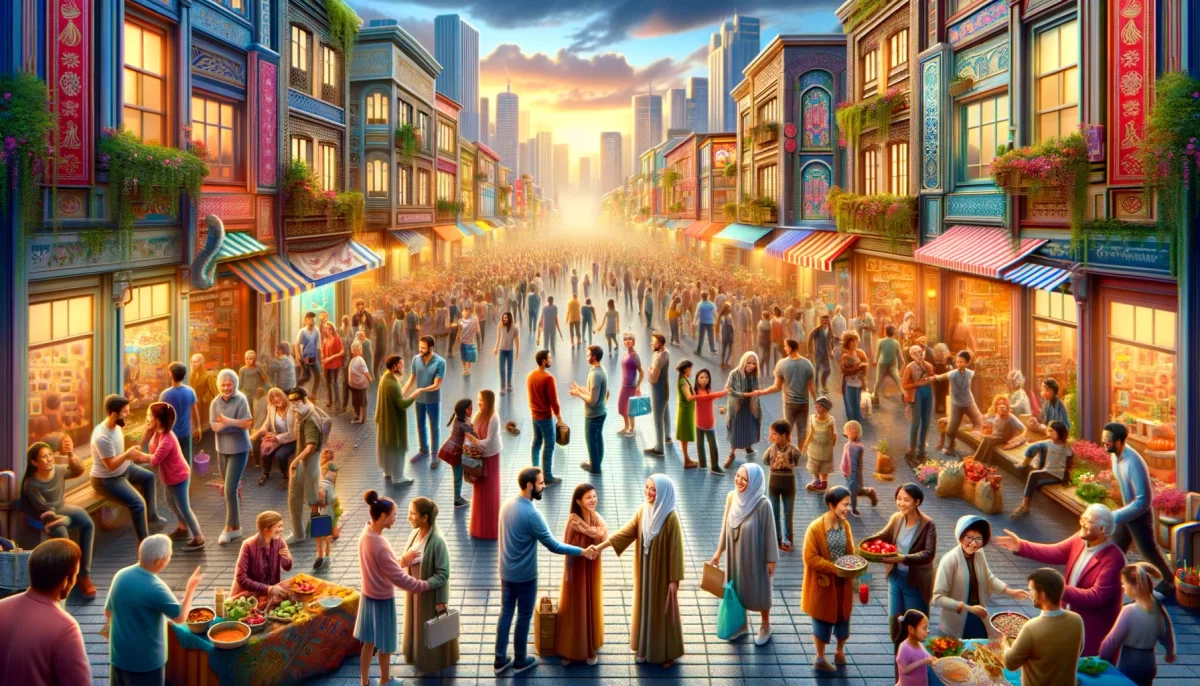
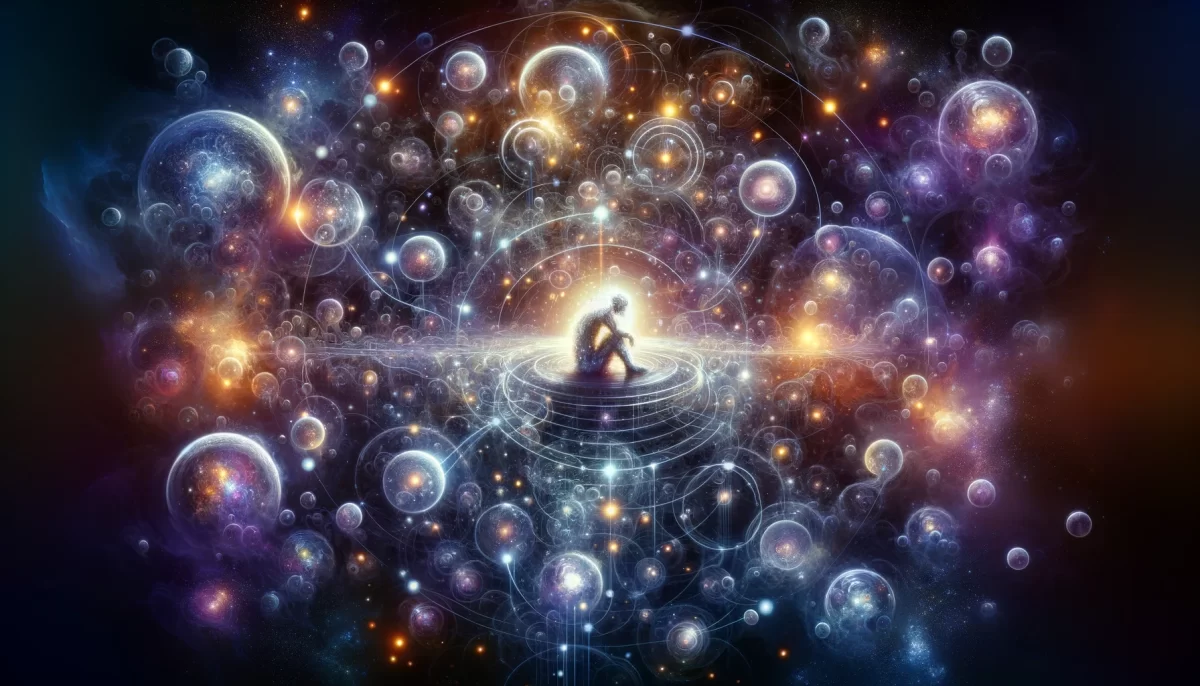
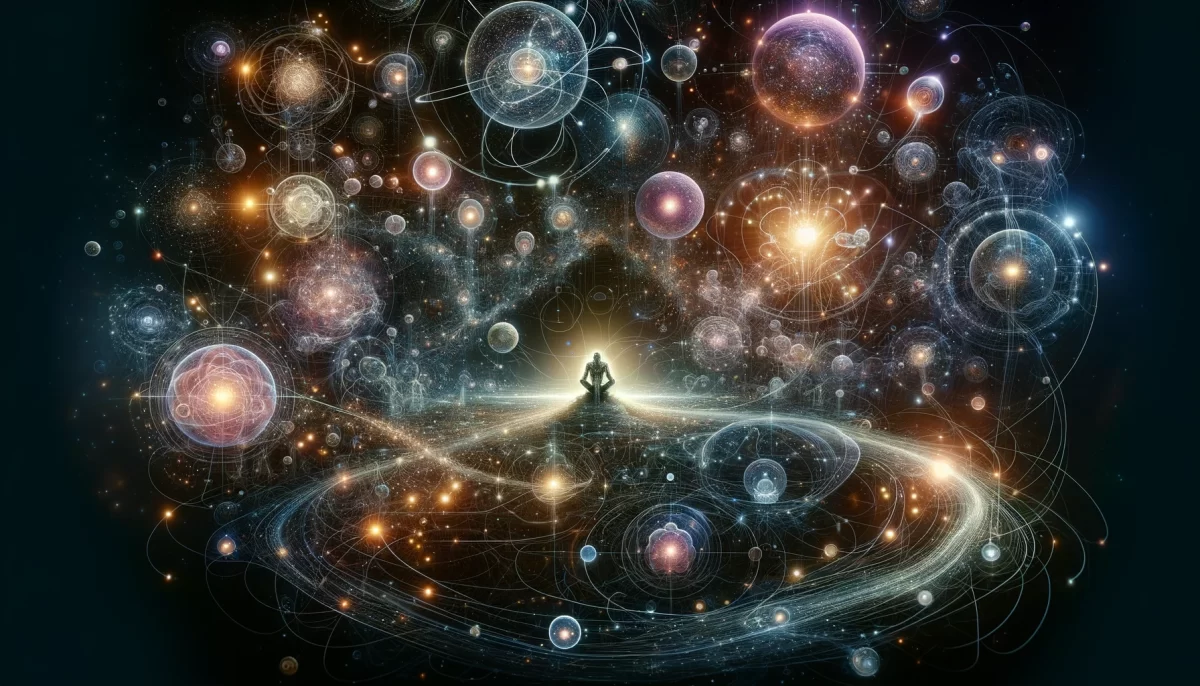
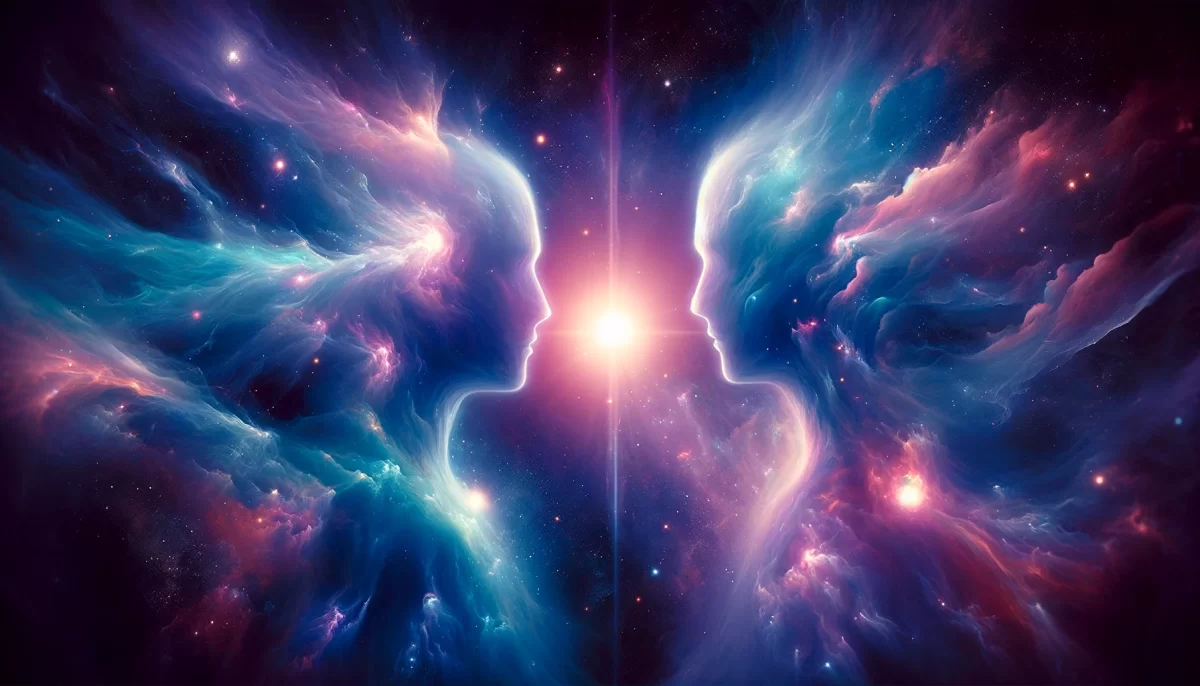
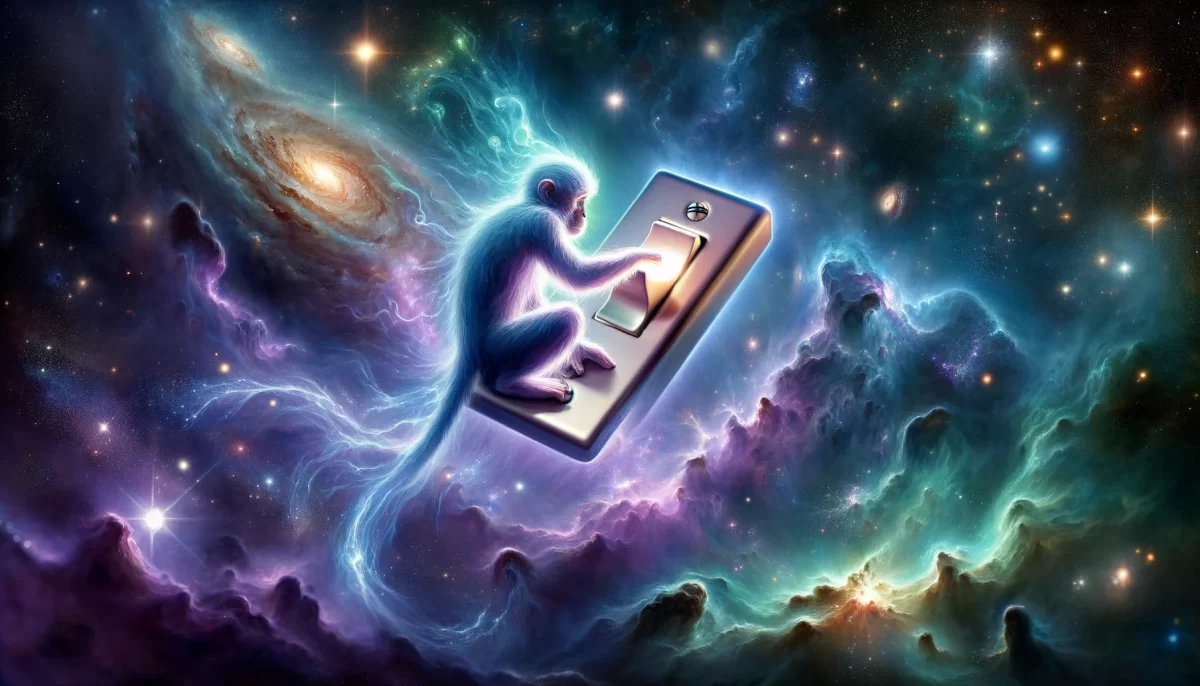
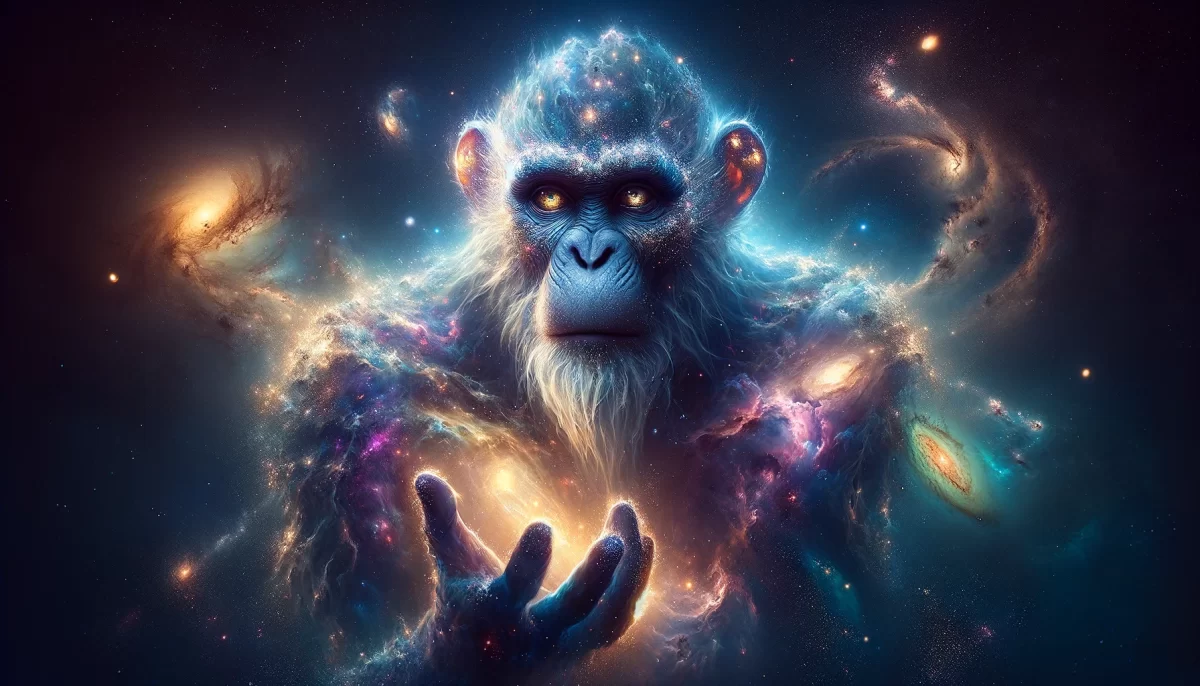
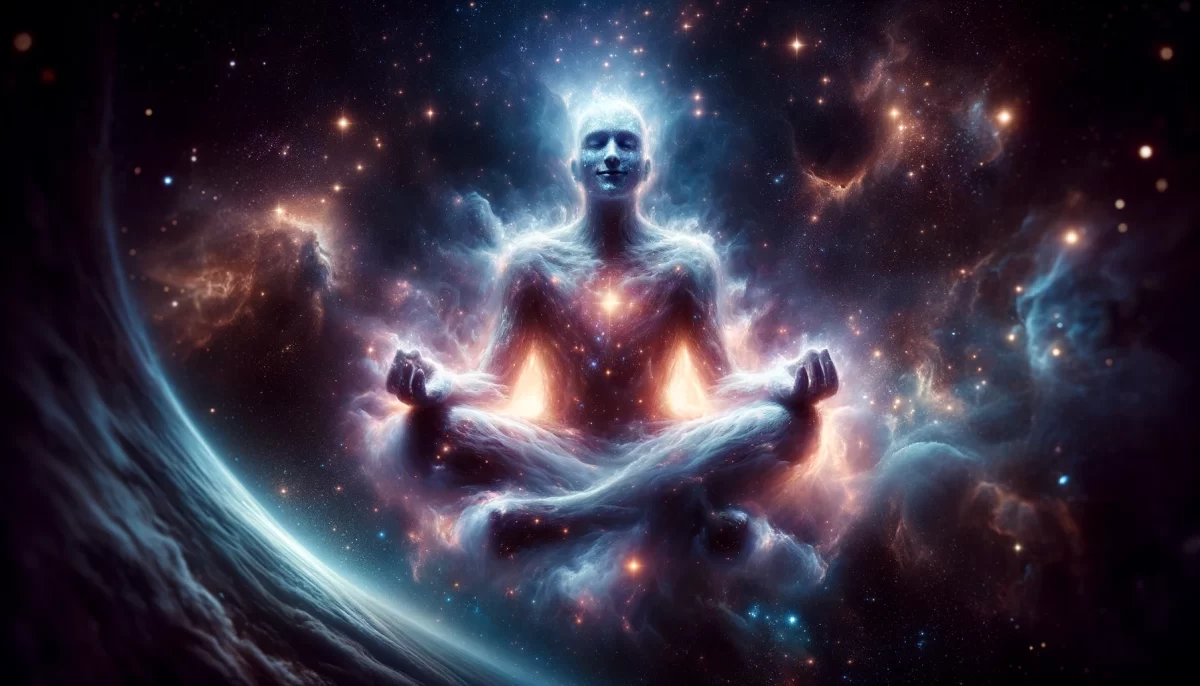
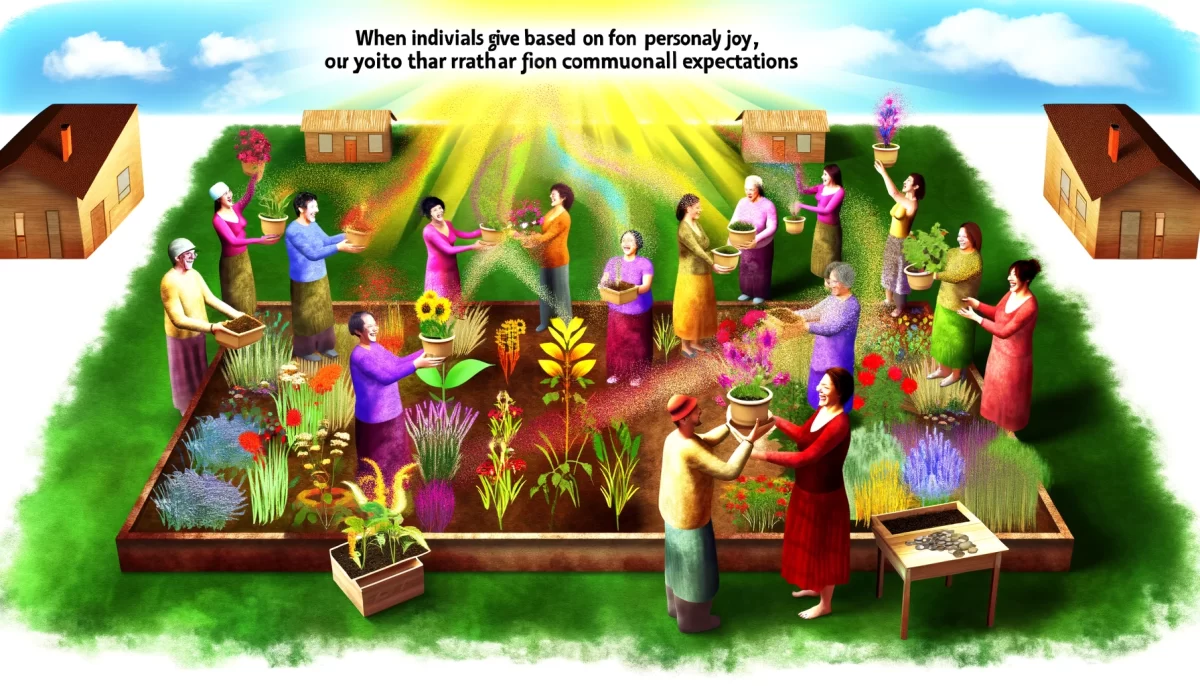
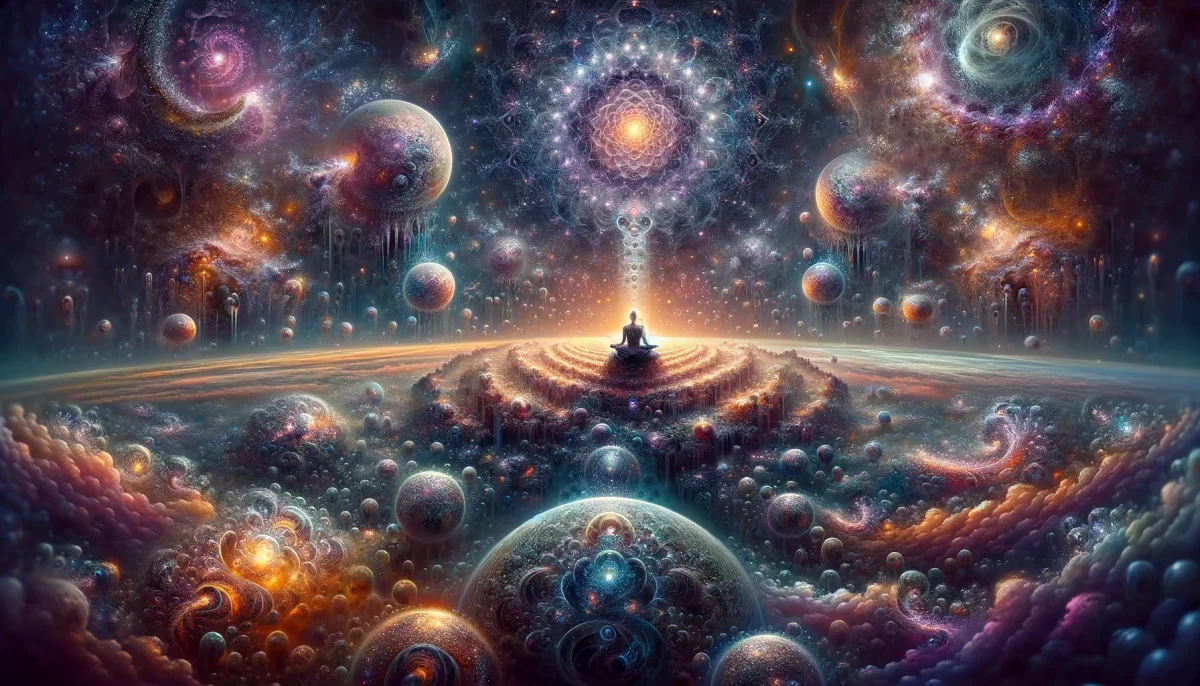
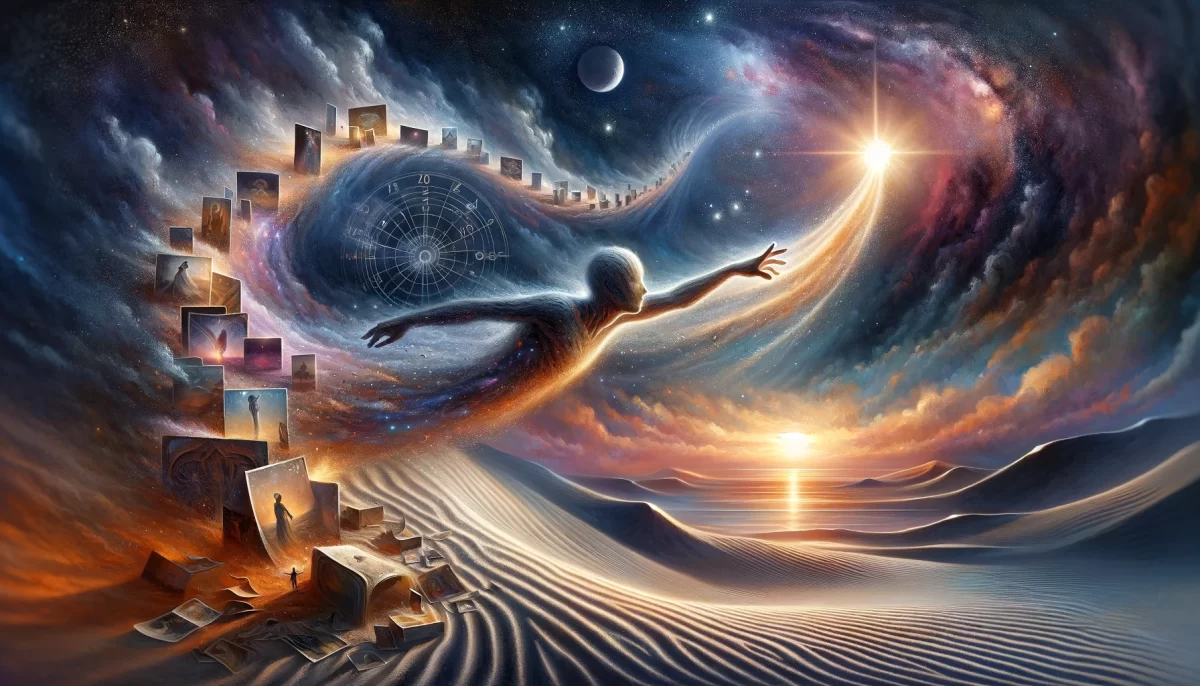
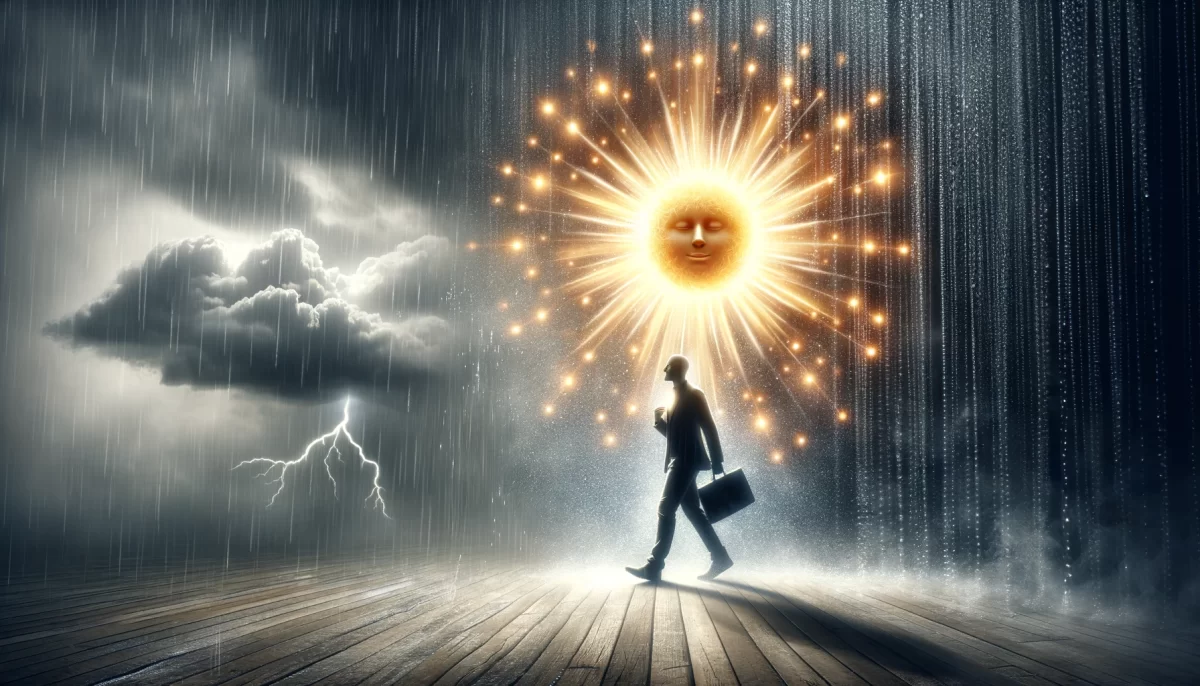
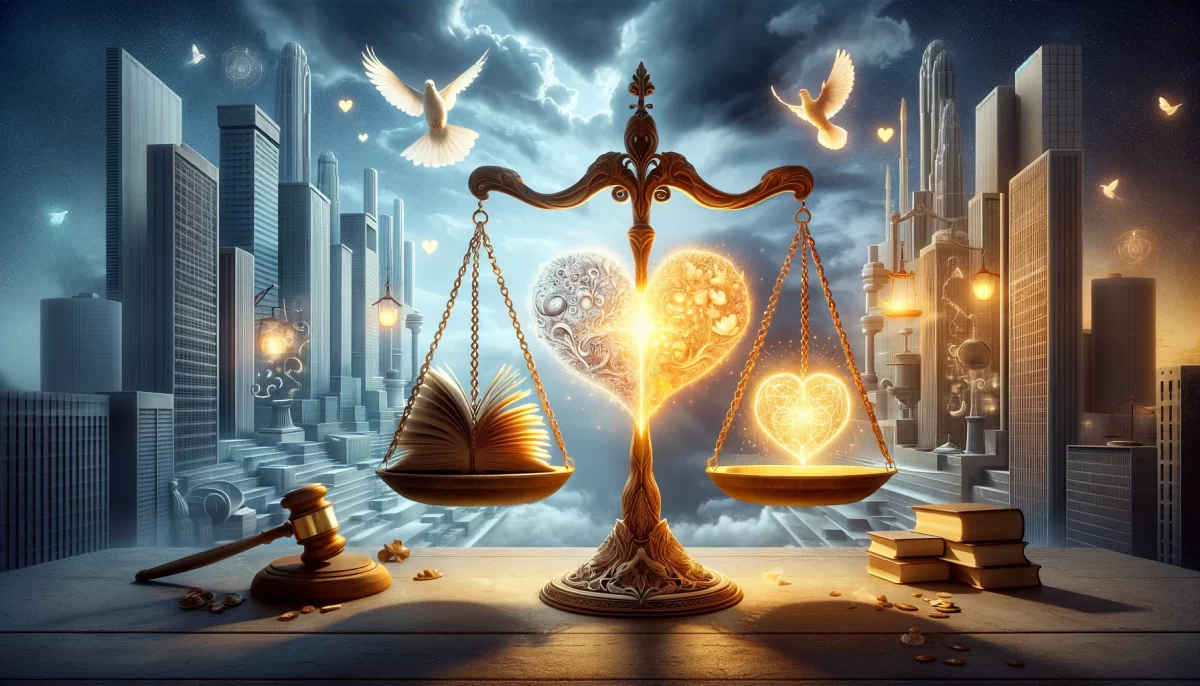
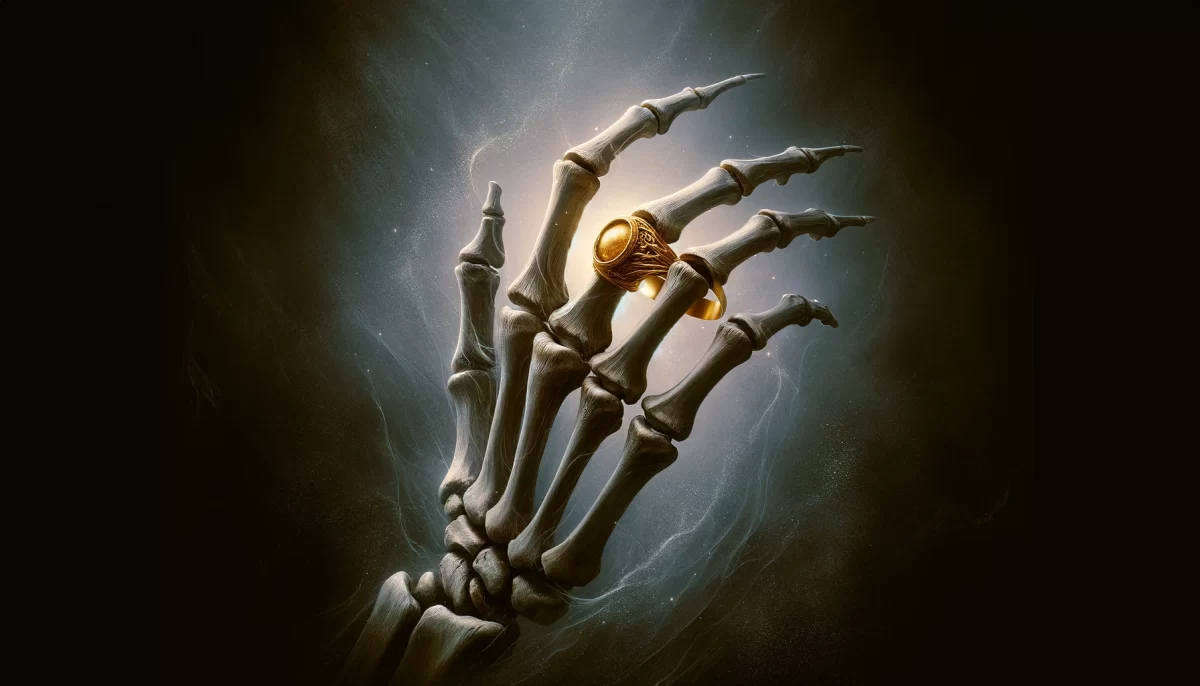
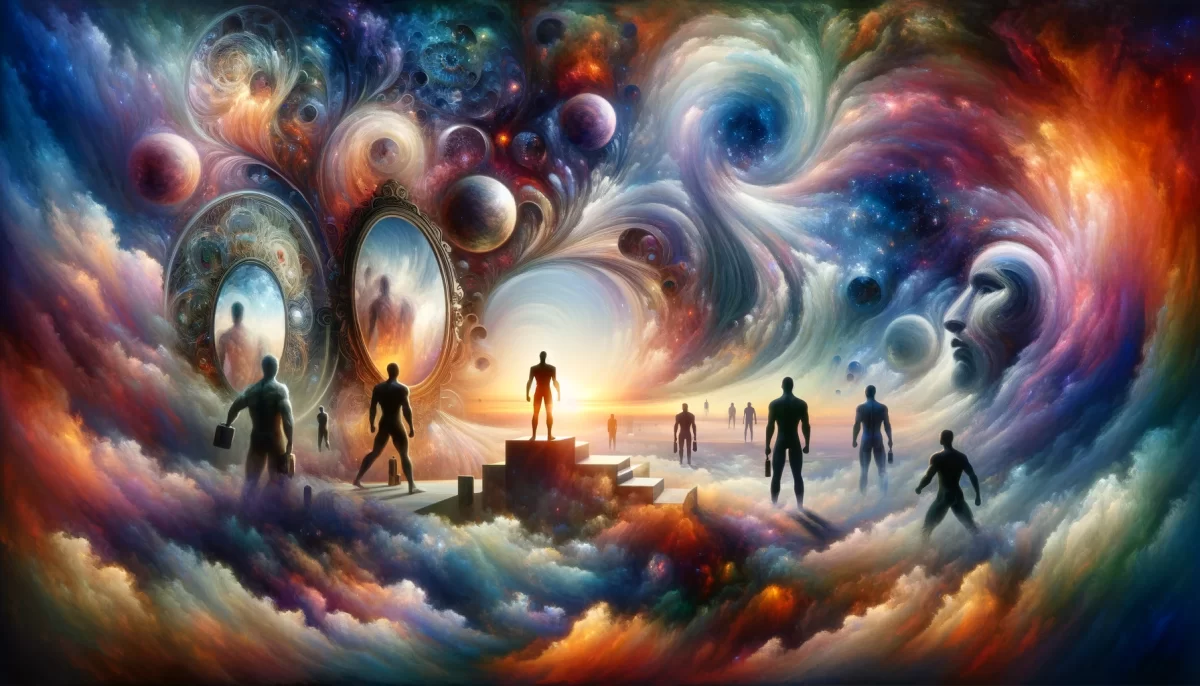
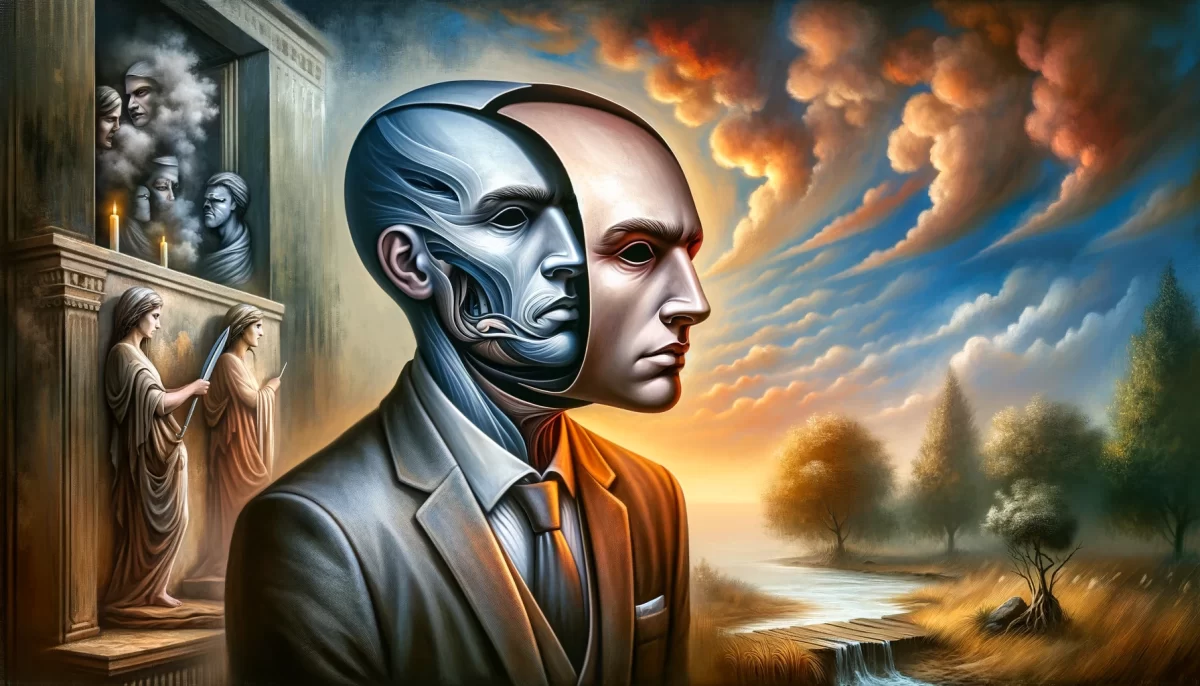
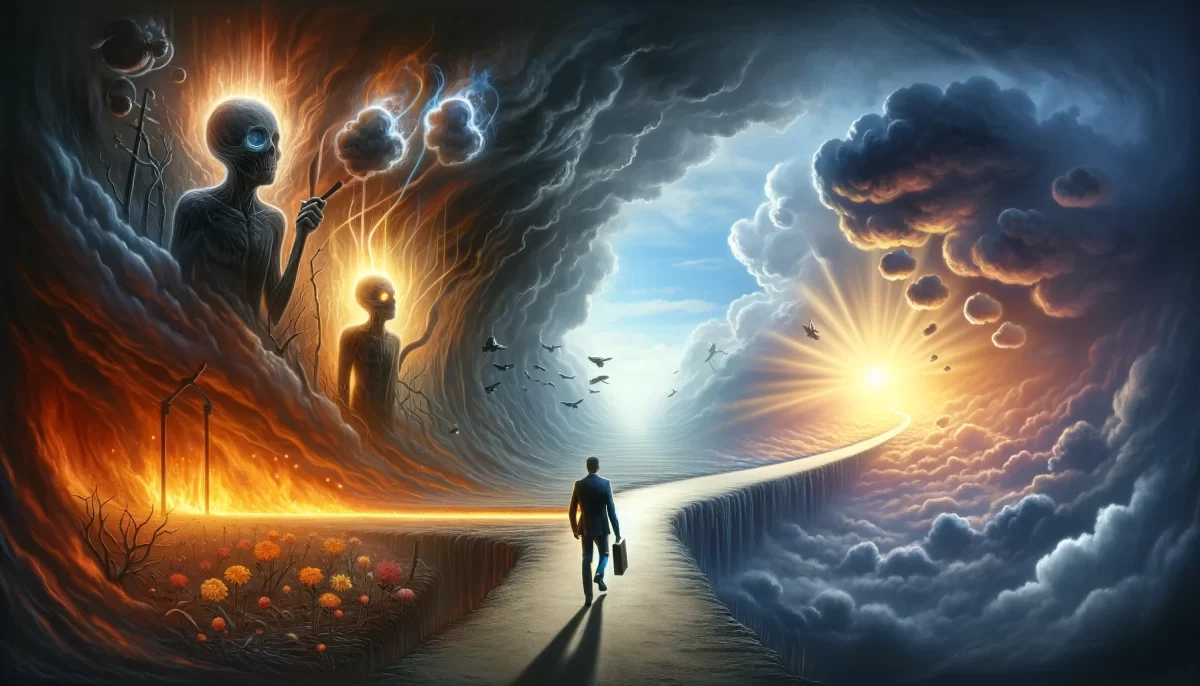
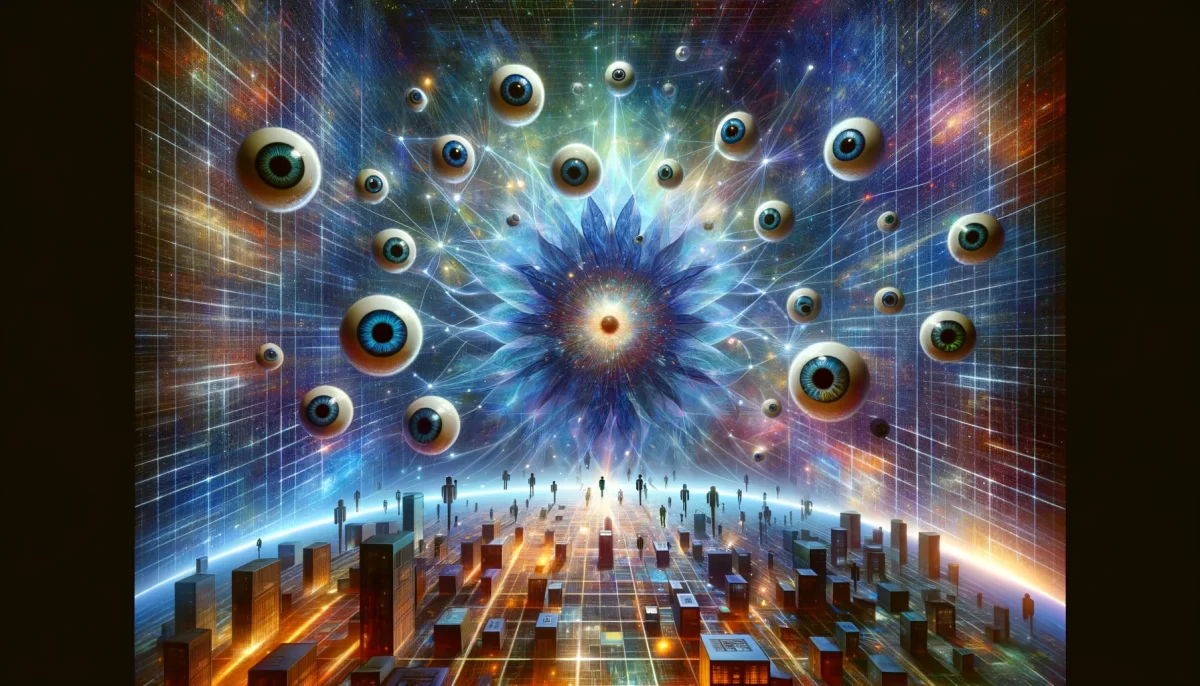
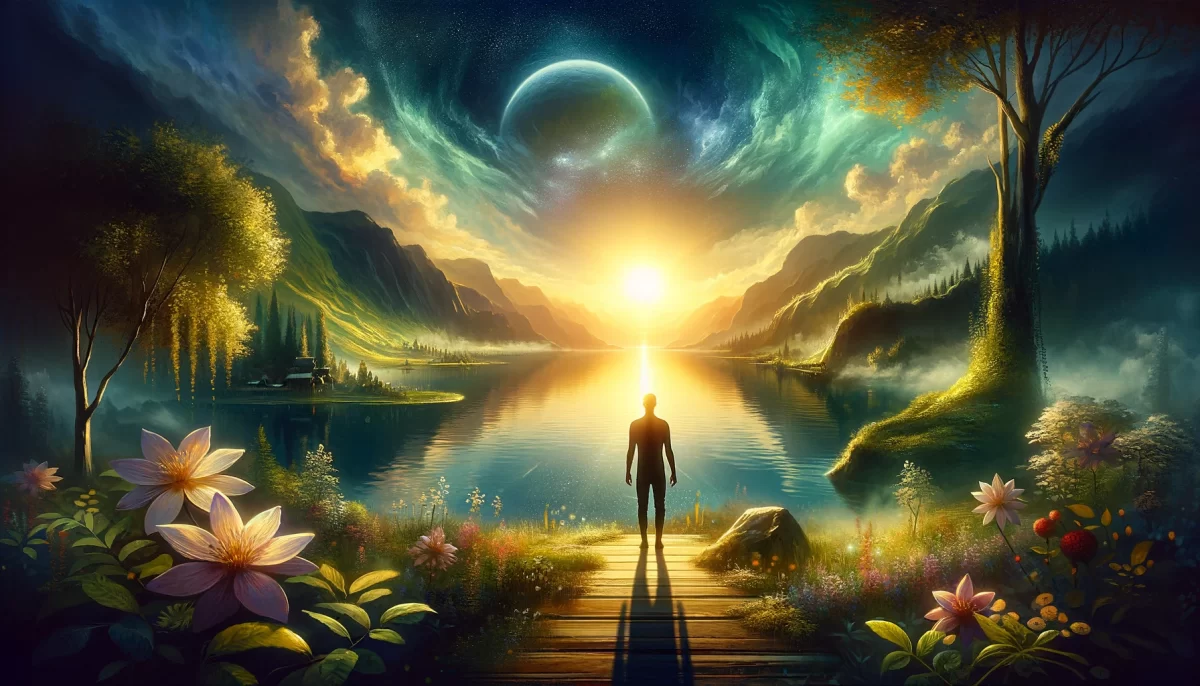
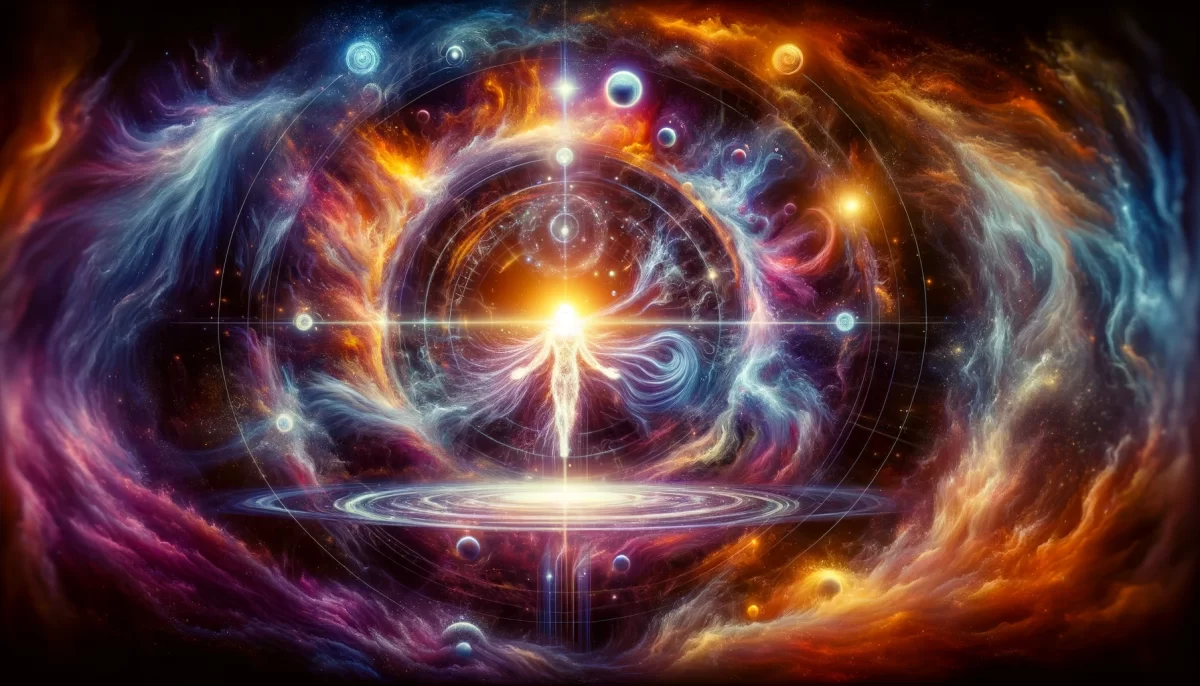
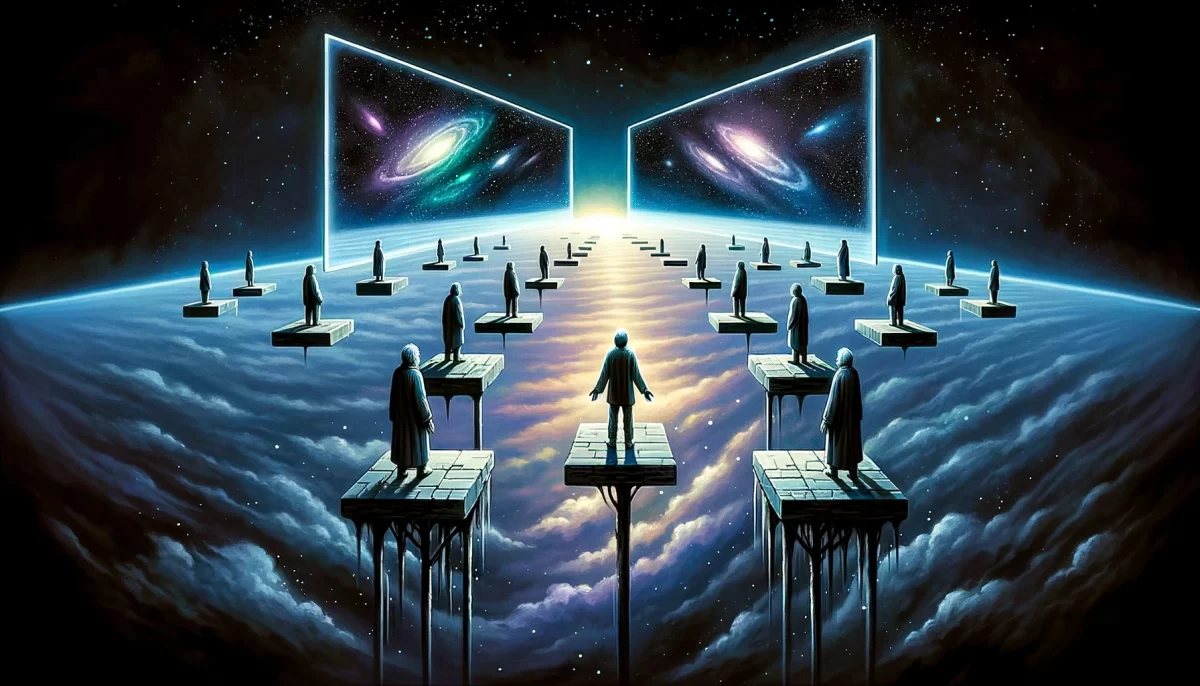
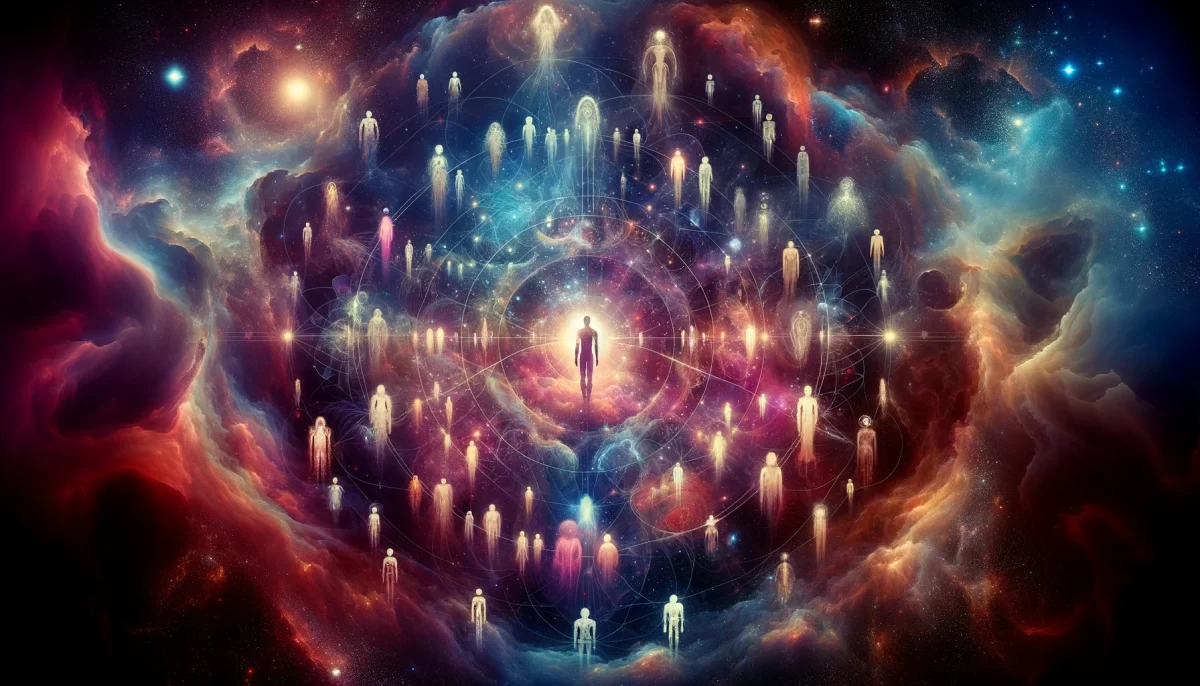
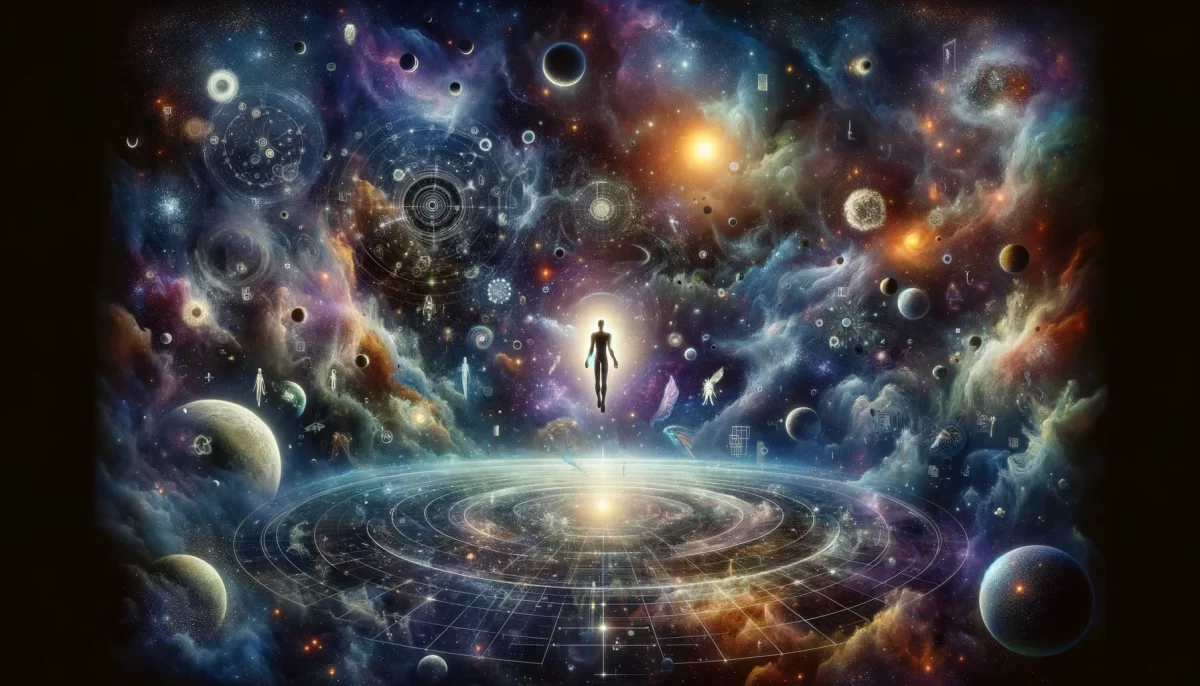
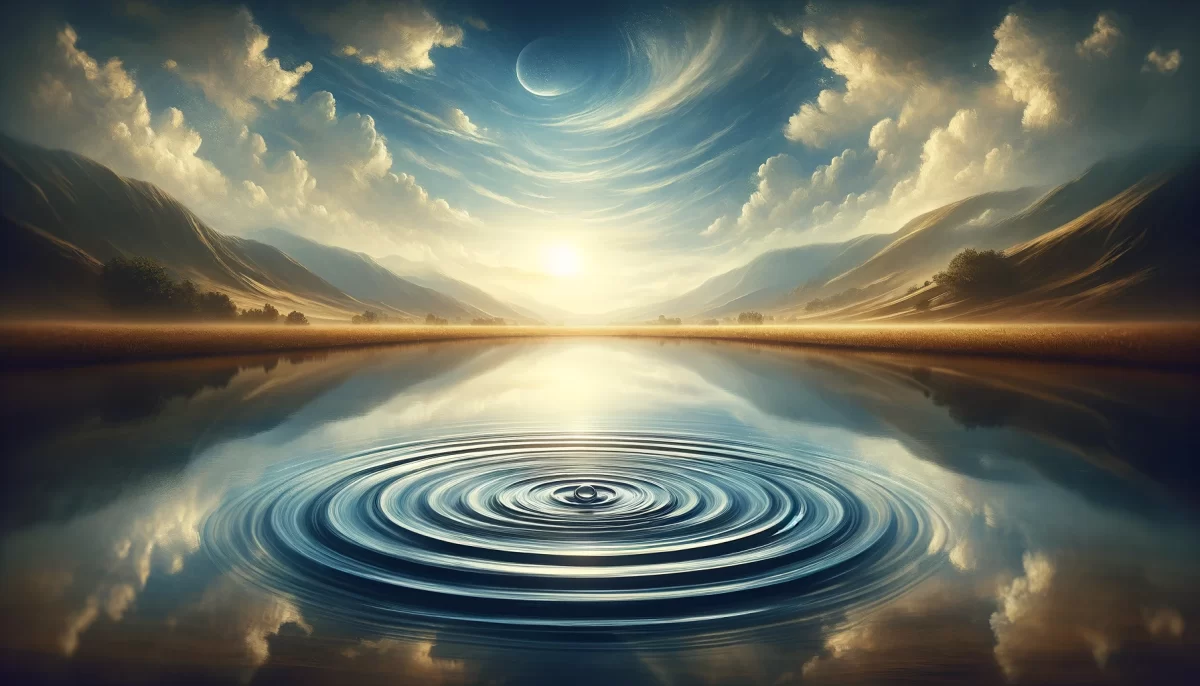
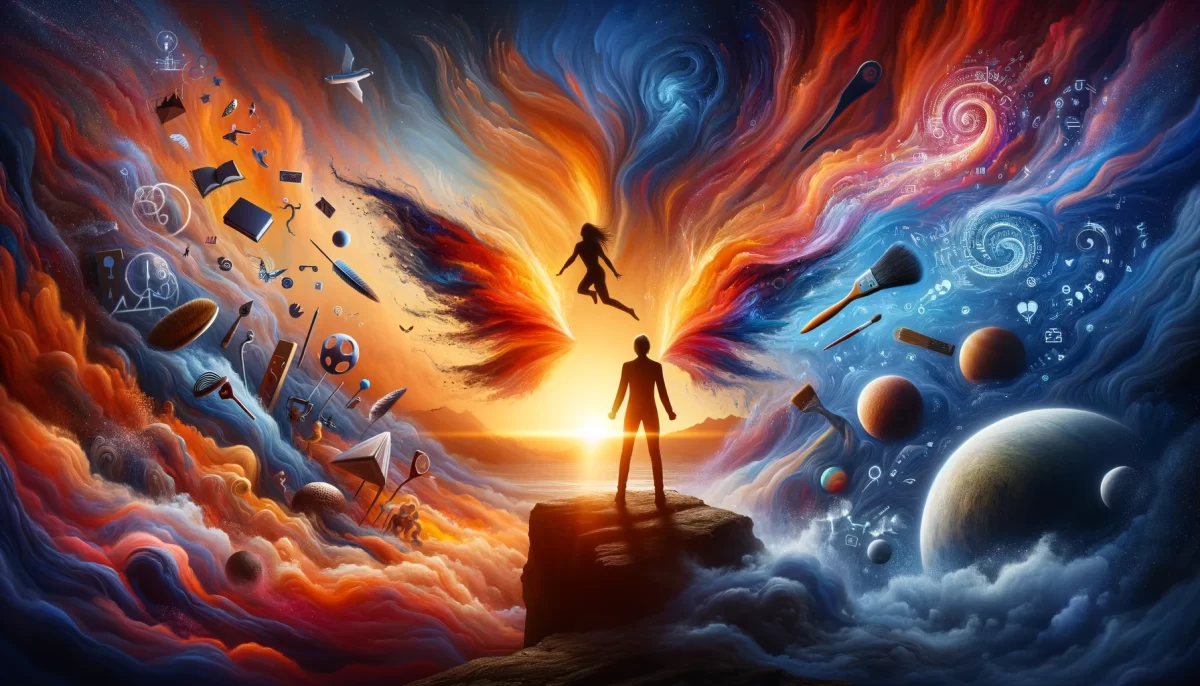
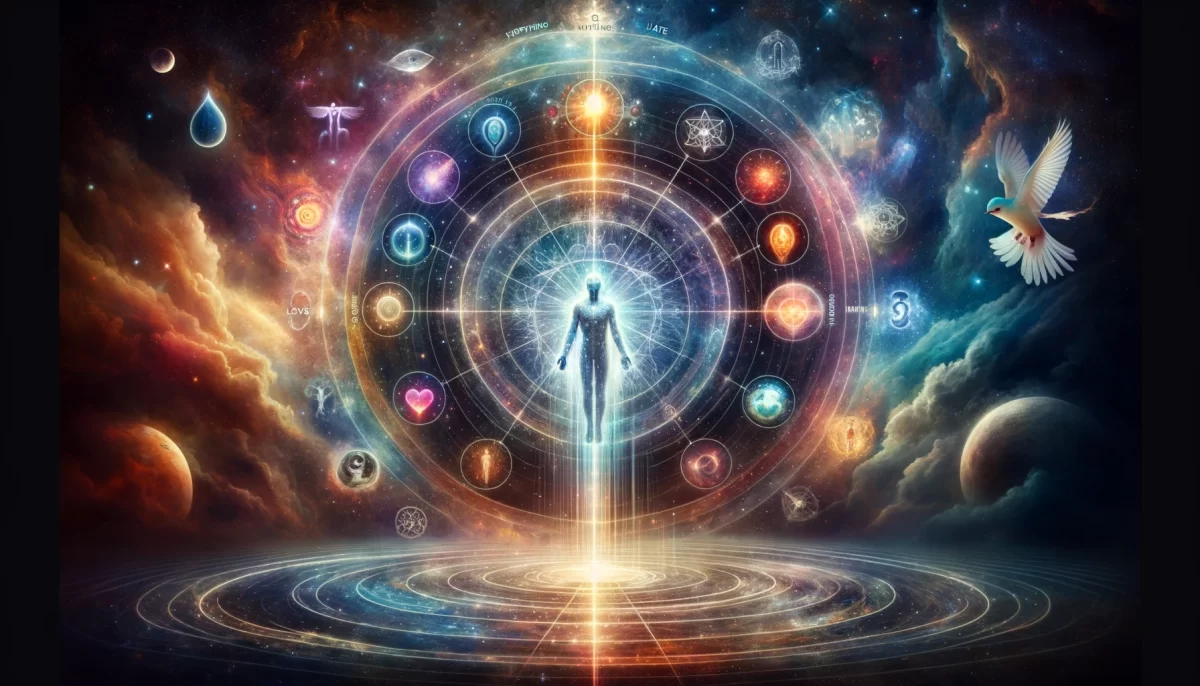
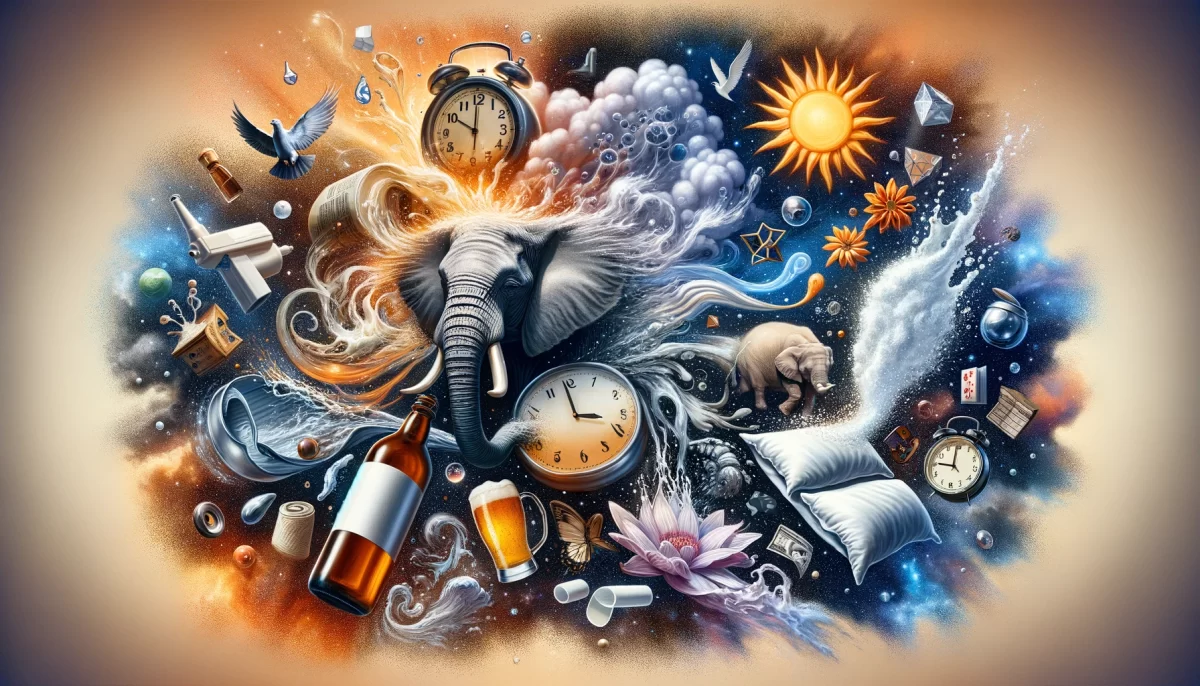
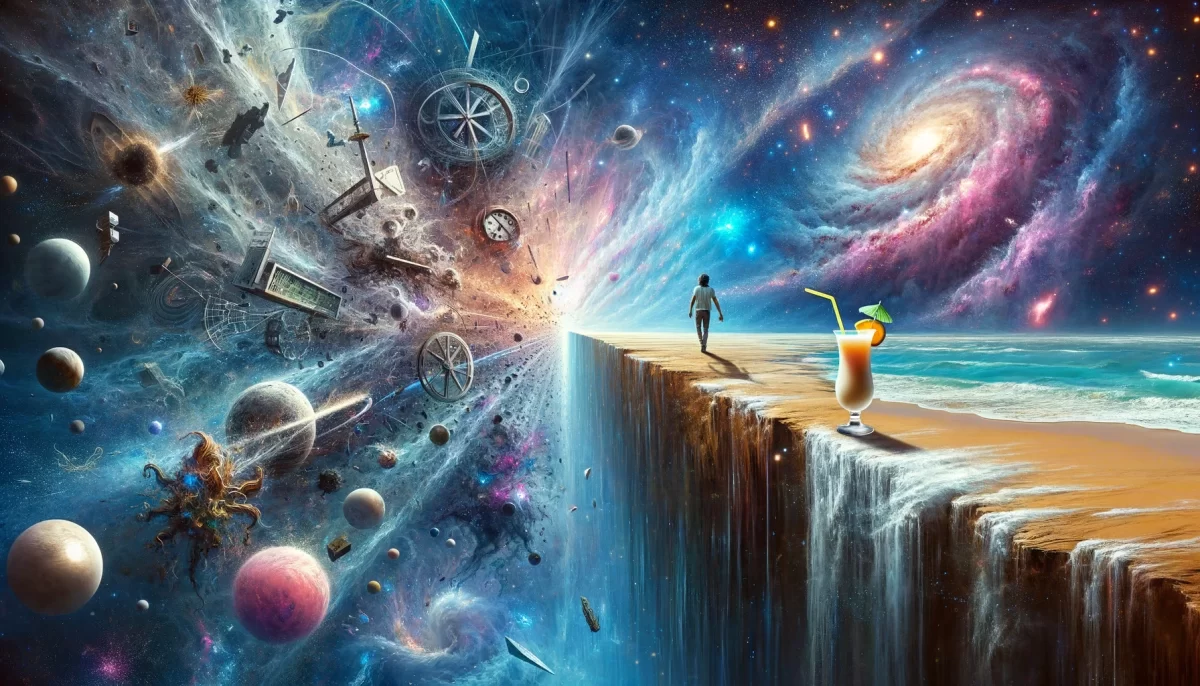
Leave a Reply